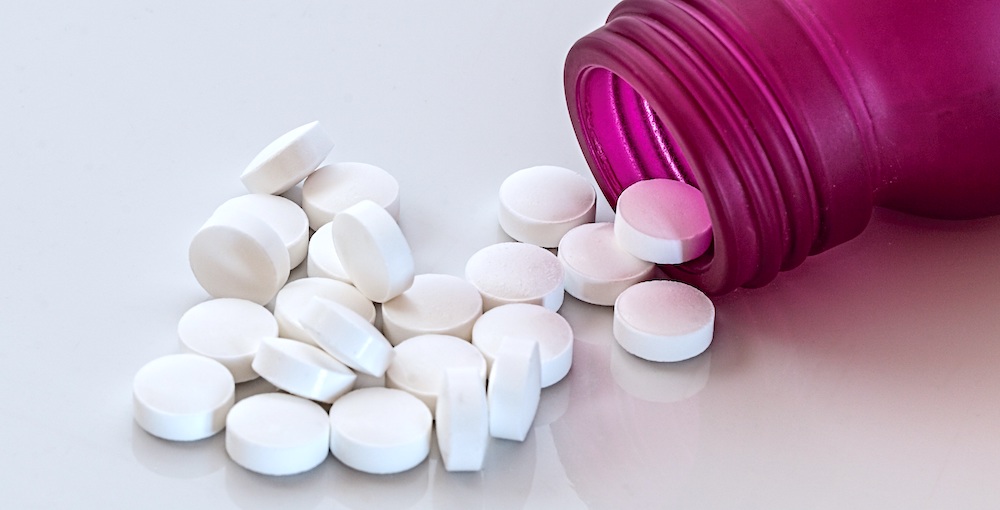The opioid crisis has plagued the United States since the 1990s, and while the country continues to battle opioid misuse and overdose, a new threat has emerged throughout the past several years: a substance abuse crisis involving opioid-like products. This threat is characterized by the increased popularity of abusing non-narcotic substances to experience opioid-like effects, or in some cases, to manage opioid withdrawal symptoms. Frequently sold online, these opioid-like products pose increasing risks to payment service providers, internet platforms, and the public.
Popular opioid-like substances include kratom, loperamide, and tianeptine. We have previously written about kratom and companies that have received warning letters from the Food and Drug Administration (FDA) for marketing kratom with claims that it can help in the treatment of opioid addiction and withdrawal. The FDA has warned that kratom offers not so much addiction treatment as an addiction alternative.
Loperamide, sold under the brand name Imodium, is an OTC antidiarrheal drug. At very high doses, it can produce effects similar to those of opioids, and the FDA reports that some individuals abuse loperamide to treat symptoms of opioid withdrawal. To encourage appropriate use of loperamide, the FDA imposed packaging limits in September 2019.
Tianeptine is an antidepressant that is prescription-only in several countries throughout Europe and Asia, but it is not approved for any use in the US by the FDA. In August 2018, the Centers for Disease Control and Prevention (CDC) published a summary of data reported to the National Poison Data System (NPDS) by US poison control centers from 2000 through 2017 regarding tianeptine exposure. The data showed that calls to US poison control centers regarding tianeptine exposure increased significantly in recent years. The centers received only 11 calls from 2000 to 2014; however, from 2014 to 2017, they received 207 calls - a nearly twenty-fold increase. The reported health effects indicated that tianeptine exposure mimics opioid toxicity and withdrawal.
In November 2018, the FDA issued two warning letters to companies marketing tianeptine online. The warning letters cited the products as unapproved new drugs and misbranded drugs, and noted that even if they were not drugs, they would be considered adulterated dietary supplements.
In August 2020, the Center for Science in the Public Interest (CSPI) sent a letter to the FDA calling for enforcement to be taken against manufacturers, distributors, and retailers of tianeptine. The letter was co-authored by the Alabama Association of Christian Recovery Ministries, Alabama's largest residential recovery network. The organization expressed concern over the widespread marketing of tianeptine in convenience stores, particularly in Alabama and throughout the southern US. In fact, the CDC's summary of NPDS data showed that the highest percentage of calls regarding tianeptine exposure came from the South. On March 15, 2021, the Alabama Department of Public Health classified tianeptine as a Schedule II controlled substance, banning its over-the-counter sale. Alabama is the second state, after Michigan, to classify tianeptine as a Schedule II narcotic.
CSPI's letter noted that the popularity of tianeptine increased in Alabama after the state classified kratom as a Schedule I controlled substance in 2016. Kratom has been similarly described as an opioid-like substance, and the Drug Enforcement Administration identifies it as a drug of concern. As of the publication of this post, it is banned in five other states: Wisconsin, Vermont, Indiana, Arkansas, and Rhode Island. For more information about kratom, check out our Kratom FAQ Guide.
In LegitScript's experience monitoring the online landscape, it's a common trend for new problematic products to emerge when others are subject to prohibition. This may explain the increase in popularity of tianeptine as both state and federal regulators have more closely scrutinized kratom in recent years. Likewise, we might expect that new opioid-like substances will gain popularity as tianeptine becomes a larger priority for regulators and law enforcement. LegitScript remains committed to monitoring the market for these trends and helping our clients stay abreast of associated compliance priorities.
Want to learn about other opioid-like substances? Download our guide, Top Five Problematic Opioid-related Products to Watch Out For.




